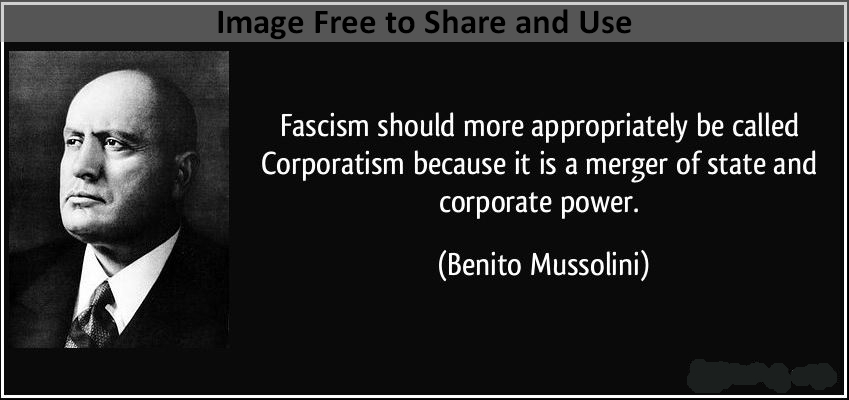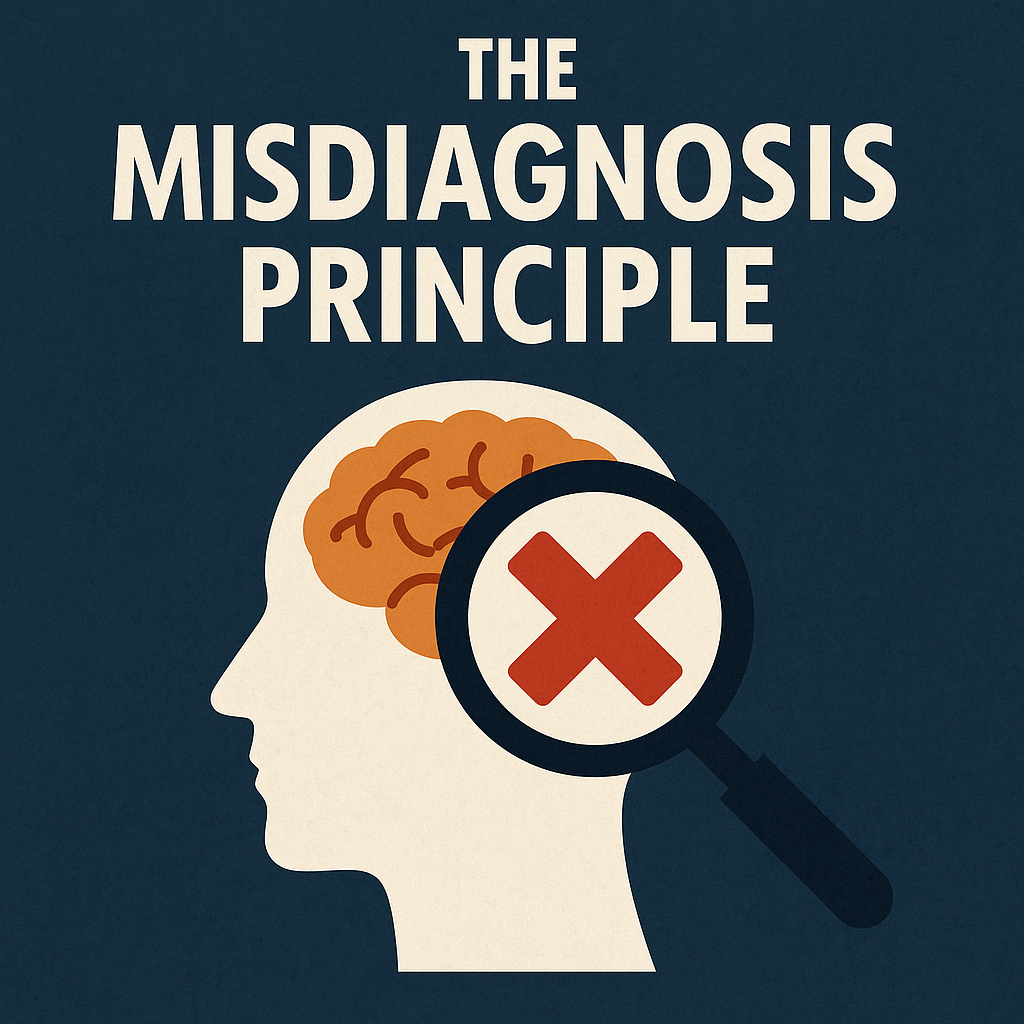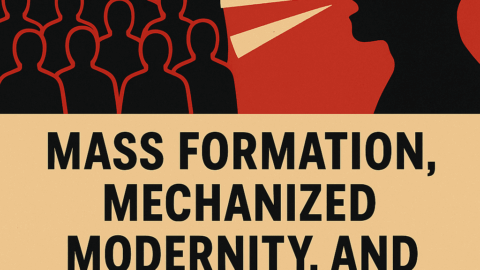Thomas Jefferson tells us how money is the basis and foundation of commerce. If you connect that prescription and rule to monopolies and corporations, you have a consolidating, accumulating and collection of power and influence into an authoritarian, despotic and oligarchic body of men. Their sole purpose it to make money, regardless of morality.
“Money and not morality is the principle of commerce and commercial nations . . . Justice, honor, faith, must yield to the necessity of keeping themselves in place. The question whether a measure is moral is never asked, but whether it will nourish the avarice of their merchants, or the piratical spirit of their navy, or produce any other effect which may strengthen them in their places . . . This is the true character of [such governments] in practice, however different [their] theory; and it presents the singular phenomenon of a nation, the individuals of which are as faithful to their private engagements and duties, as honorable, as worthy, as those of any nation on earth, and whose government is yet the most unprincipled [ever] known.“1
Thomas Jefferson elaborates, “The selfish spirit of commerce . . . knows no country, and feels no passion or principle but that of gain.”2
Thomas Jefferson asks a question. “What has destroyed liberty and the rights of man in every government which has ever existed under the sun?” He then answers it, “The generalizing and concentration of all cares and powers into one body, no matter whether of the autocrats . . . or aristocrats of a . . . senate.”3
We learn from Mr. Jefferson, what a “good” and “safe government” is all about:
“. . . the way to have good and safe government is not to trust it all to one, but to divide it among the many, distributing to everyone exactly the function he is competent to. Let the National Government be entrusted with the defence of the nation and its foreign and federal relations; the State governments with the civil rights, laws, police and administration of what concerns the State generally; the counties with the local concerns of the counties, and each ward direct the interests within itself. It is by dividing and subdividing these republics from the great national one down through all its subordinations, until it ends in the administration of every man’s farm by himself; by placing under every one what his own eye may superintend, that all will be done for the best.“3
Thomas Jefferson concludes his circuit of the purpose: of checks and balances; along with division of power; warning if it should ever be violated and centralized again, it would have grave consequences.
“To this I am opposed, because when all government, domestic and foreign, in little as in great things, shall be drawn to Washington as the center of power, it will render powerless the checks provided of one government on another, and will become as venal and oppressive as the government from which we separated.“4
Steven Montgomery’s article, The Genius and Divine Inspiration of the United States Constitution: Mechanics of Governance (Part 1 of 5), makes reference to two types of checks: horizontal and vertical. Within those two types of balances, he counts at least “thirteen” and identifies what they are and how they counterbalance one another.
What Thomas Jefferson and those like-minded are saying and seeing is that to cut and remove the counterweights and consolidate and draw those powers to Washington and then allow big business, Wall Street and Corporations to form monopolies that work together as public-private-partnerships will remove the local representative government and replace it with a regional government run by unelected fascist or corporatist bureaucrats.
“Benito Mussolini created the word ‘fascism.’ He defined it as ‘the merging of the state and the corporation.’ He also said a more accurate word would be ‘corporatism.’ This was the definition in Webster’s up until 1987 when a corporation bought Webster’s and changed it to exclude any mention of corporations.” — Adam McKay
(1) Letter from Thomas Jefferson to John Langdon, 1810
(2) Letter from Thomas Jefferson to Larkin Smith, 1809
(3) Letter from Thomas Jefferson to Joseph C. Cabell, 1816
(4) Letter from Thomas Jefferson to Charles Hammond, 1821






